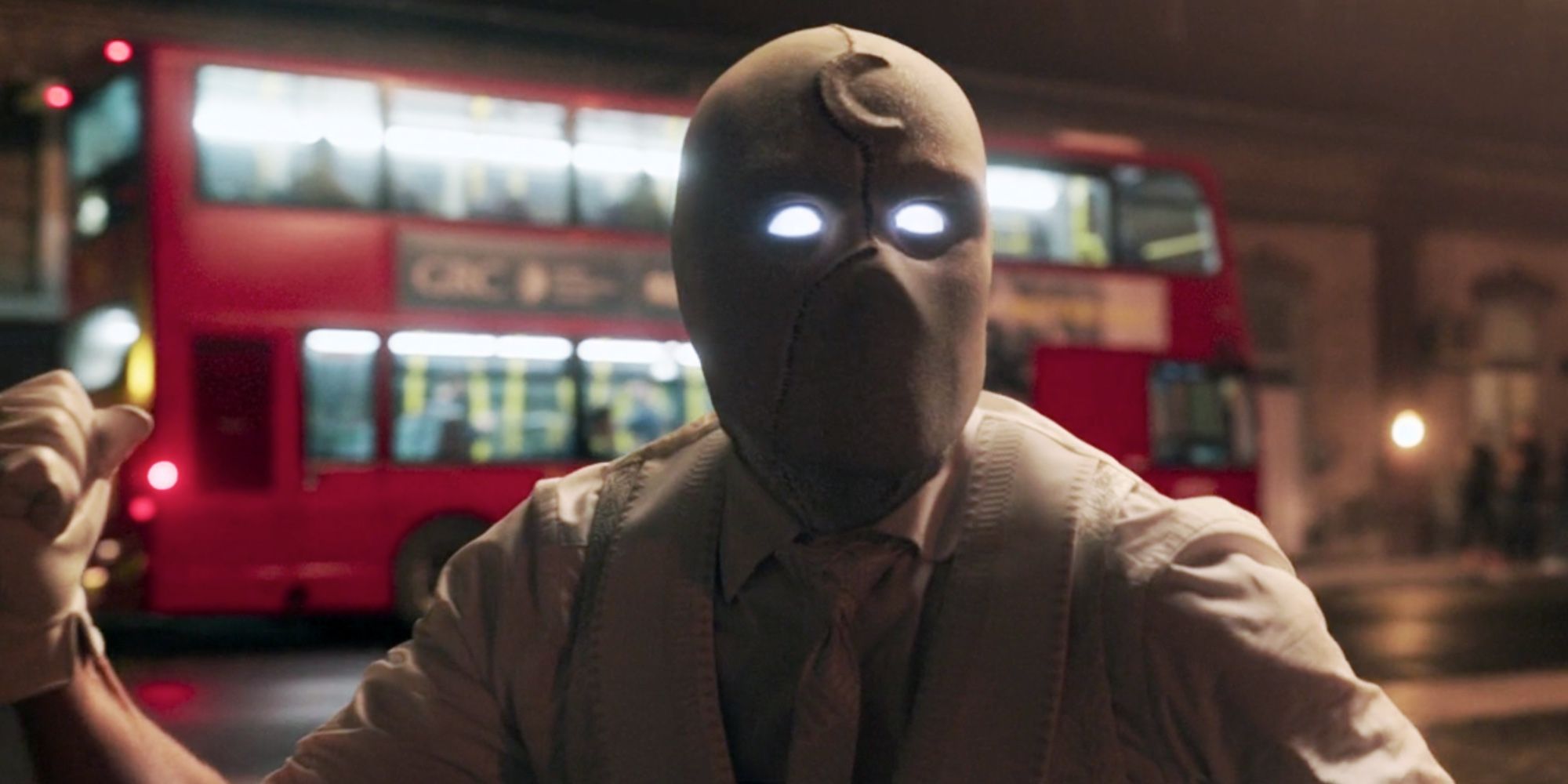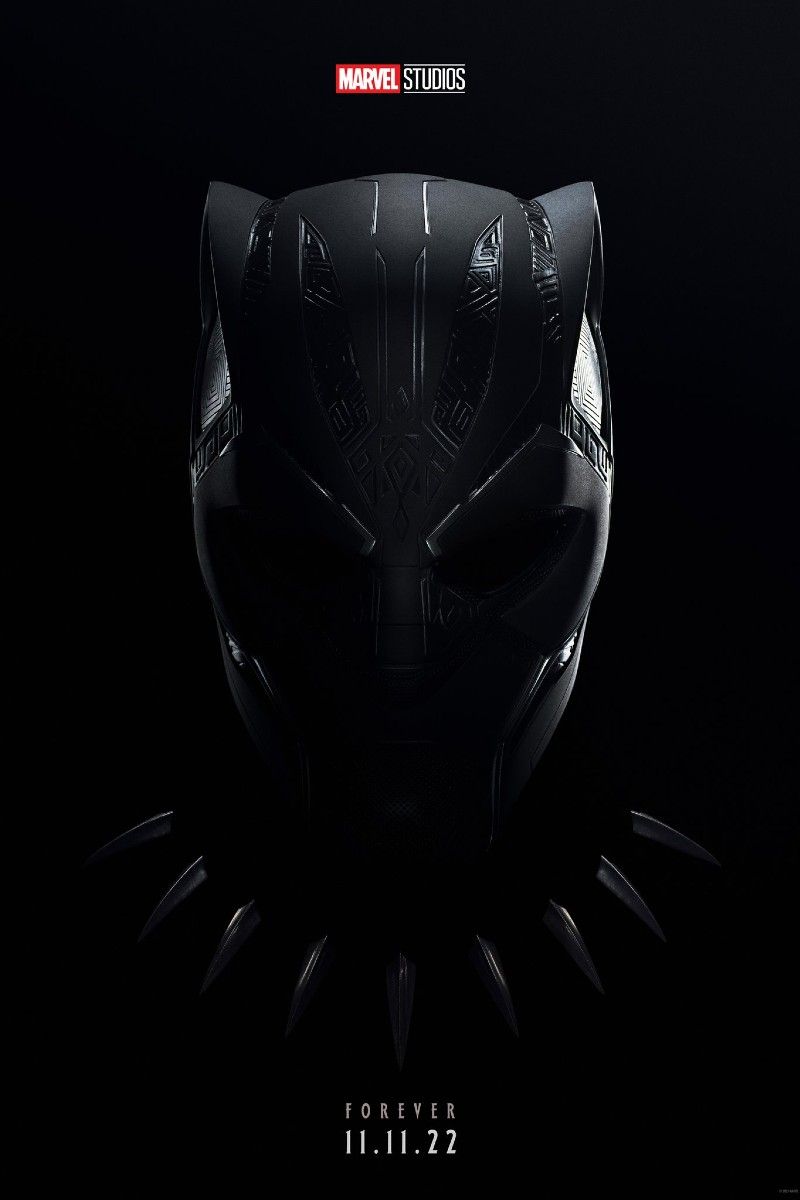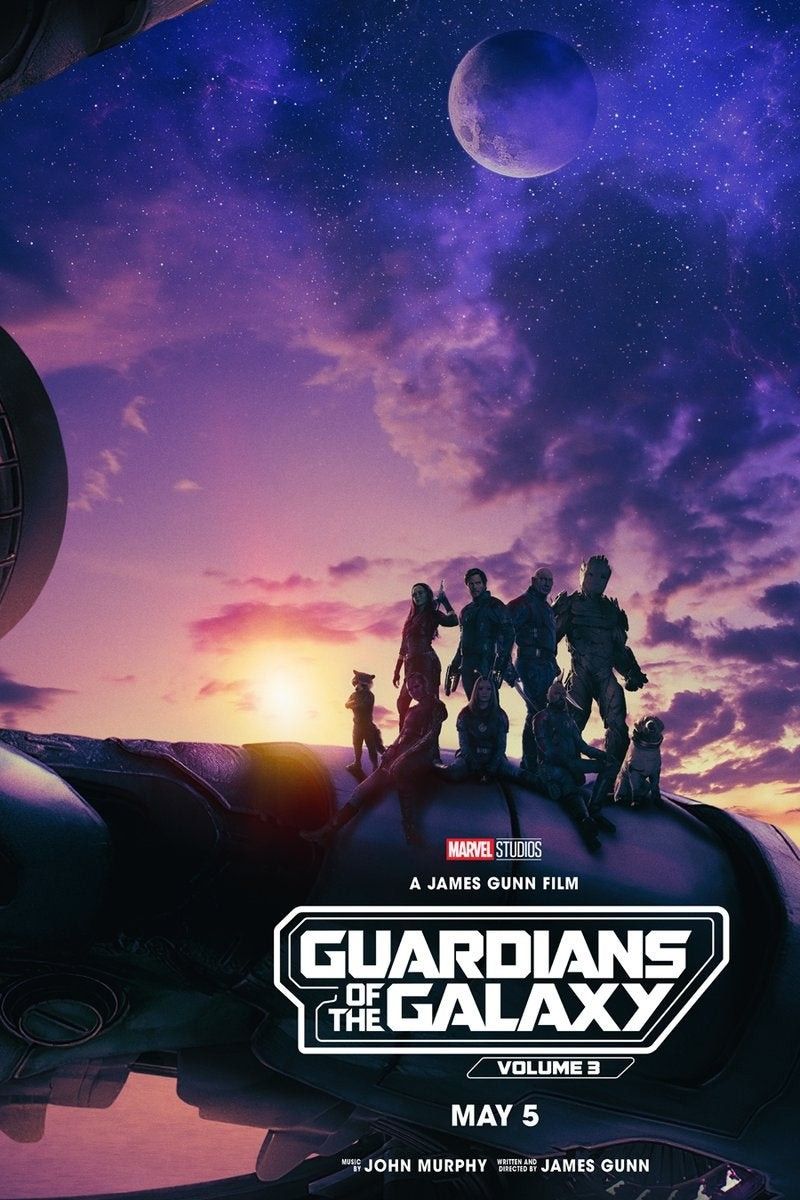Warning: This article contains spoilers for Moon Knight episode 2!
The core conflict between Steven Grant, Marc Spector, and Khonshu in Moon Knight subtly reinvents Spider-Man’s infamous motto. “With great power, comes great responsibility” has been a familiar refrain across almost six decades of Spider-Man comics, cartoon series, and movies. It’s a motto that drives Peter Parker, as he constantly strives to do the right thing while juggling the responsibilities of being a good partner and nephew with the responsibility to protect the city of New York.
Moon Knight is the newest MCU show, with a protagonist who has similarly complex responsibilities to juggle. It’s told from the perspective of gift shop attendant Steven Grant, who discovers that he’s sharing his body with a ruthless mercenary called Marc Spector, and just so happens to also be the avatar for the vengeful Egyptian god Khonshu. While Spider-Man’s motto promises to honor his Uncle Ben, Moon Knight’s power and responsibility are portrayed as a soul-crushing burden.
In Moon Knight episode 2, “Summon the Suit,” more information about both Spector and Khonshu is revealed. In the episode's closing moments, Steven finds himself on the other side of the mirror when Spector takes control of their body. Marc outlines the stipulations of his deal with the Egyptian Moon god and pleads with Grant to allow him to carry out Khonshu’s wishes. Earlier in the same episode, villain Arthur Harrow explains that he is a former Khonshu avatar and talks of the god’s relentless demands to dole out justice. Where Spider-Man’s heroism is a calling, Moon Knight’s role as the “fist of justice” is a millstone around Marc Spector’s neck and a constant source of unease for Steven Grant.
It is revealed that Marc Spector’s life was saved by Khonshu, and he is repaying his debt by stopping Arthur Harrow from resurrecting rival god Ammit by any means necessary. He is essentially a hostage to Khonshu; he owes him his life and is determined not to give in to the god's wish for Marc's wife Layla to become Moon Knight. This mercenary arrangement with Khonshu couldn’t be further from Spider-Man’s promise to protect the city. Parker chooses that role, despite the personal difficulties it presents. His powers also free him from the shackles of the shy, awkward young man that he is in everyday life. Spector, on the other hand, is forced into acting out the role of Moon Knight by his debt to Khonshu. Unlike Peter Parker, Marc Spector doesn’t have agency; he’s a victim of his circumstances. Worse still, he’s not always able to control his body and is at the mercy of his more unassuming alter-ego, Steven.
It's Steven Grant who is most like Peter Parker. When he’s escaping Arthur Harrow’s London commune, Grant finds himself able to “summon the suit,” which provides him with a second Moon Knight costume. It’s Steven inside the suit, rather than Marc, and the formerly shy and retiring gift shop attendant finally gets the opportunity to play the charismatic hero. Steven lands a powerful punch and is absolutely delighted, dancing and trash-talking the mythical, invisible creature. Where Marc is clearly traumatized by the brutality of his tasks for Khonshu, Steven finds something freeing and seductive about his great powers. However, towards the end of Moon Knight episode two, when he refuses to allow Marc to continue his violent work for Khonshu, it's clear that he hasn’t yet grasped the great responsibility part of Spider-Man's motto. As the series continues, the three personas will need to find a way to combine their powers and responsibilities to save the world from Arthur Harrow and Ammit.
New episodes of Moon Knight release every Wednesday on Disney+.







